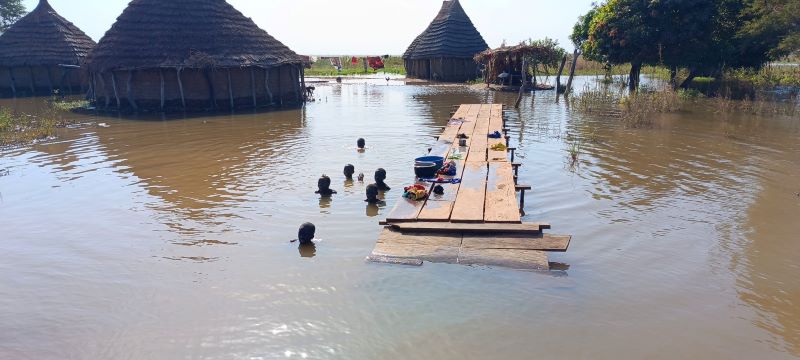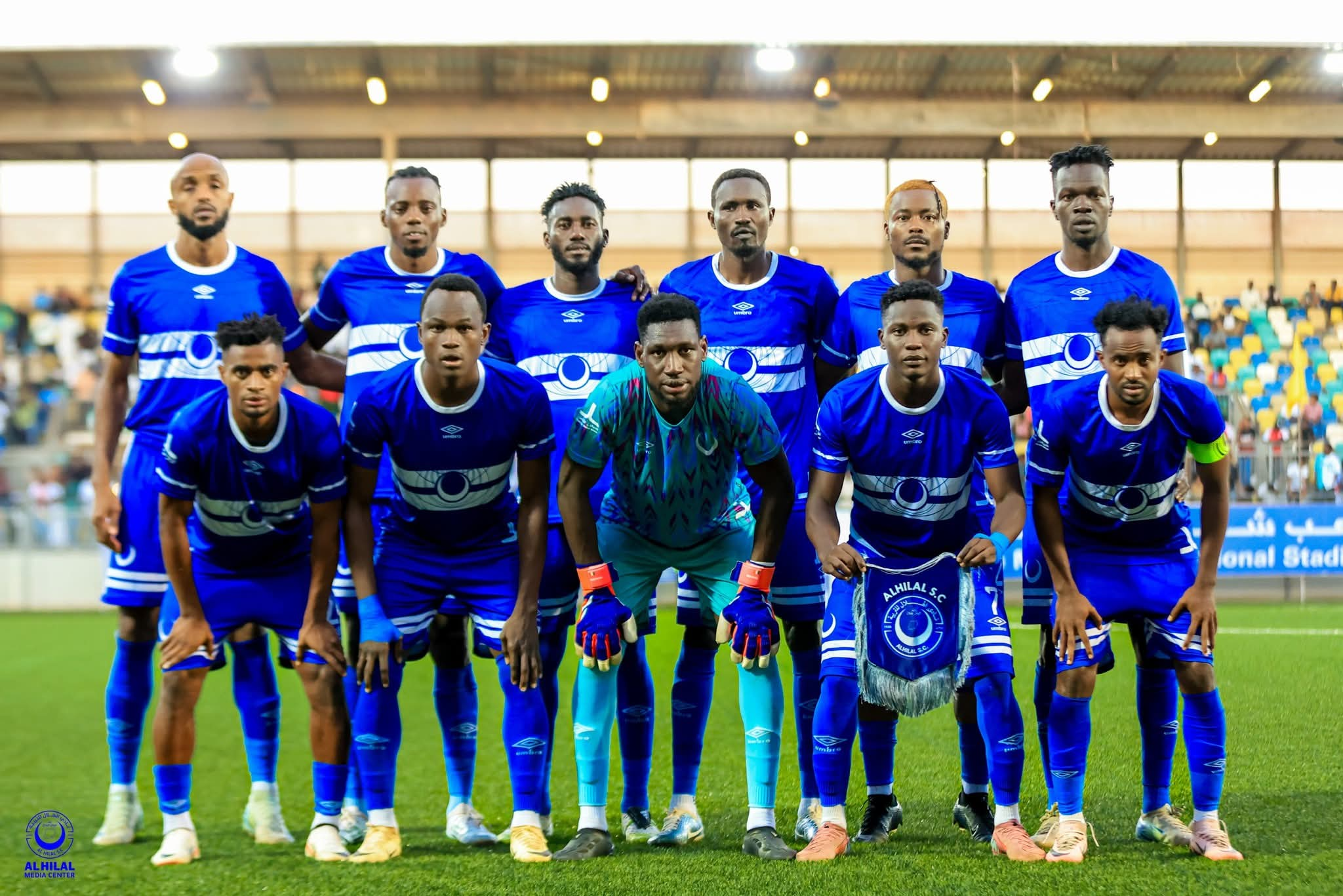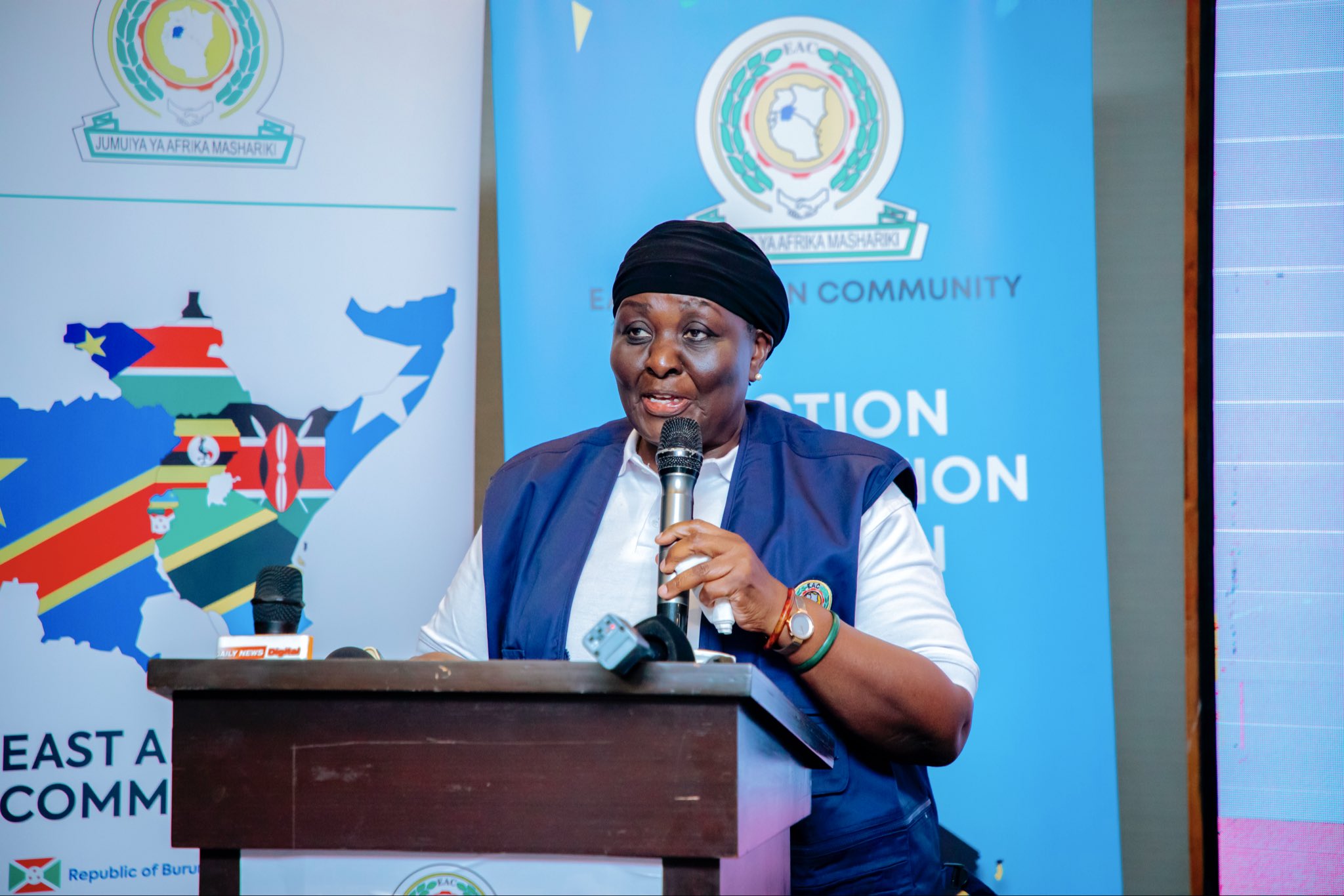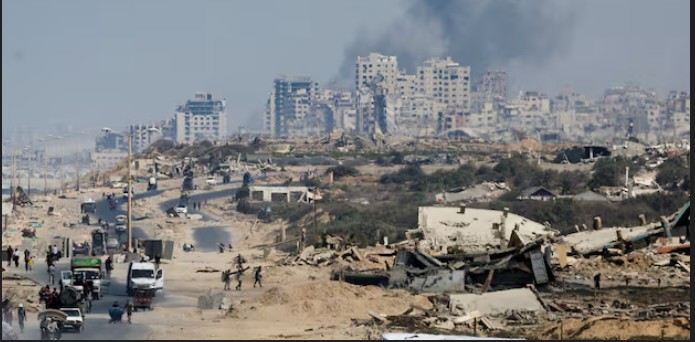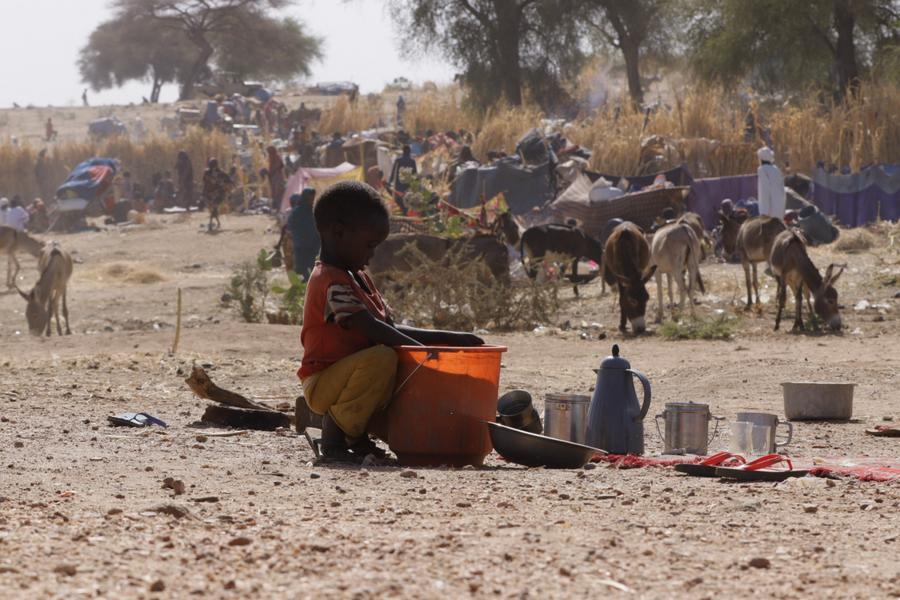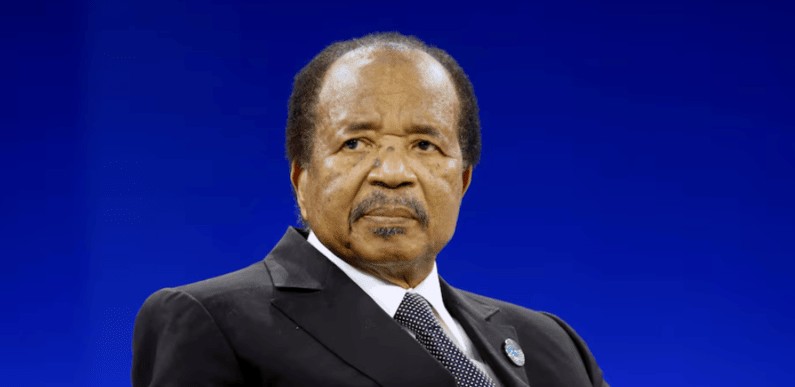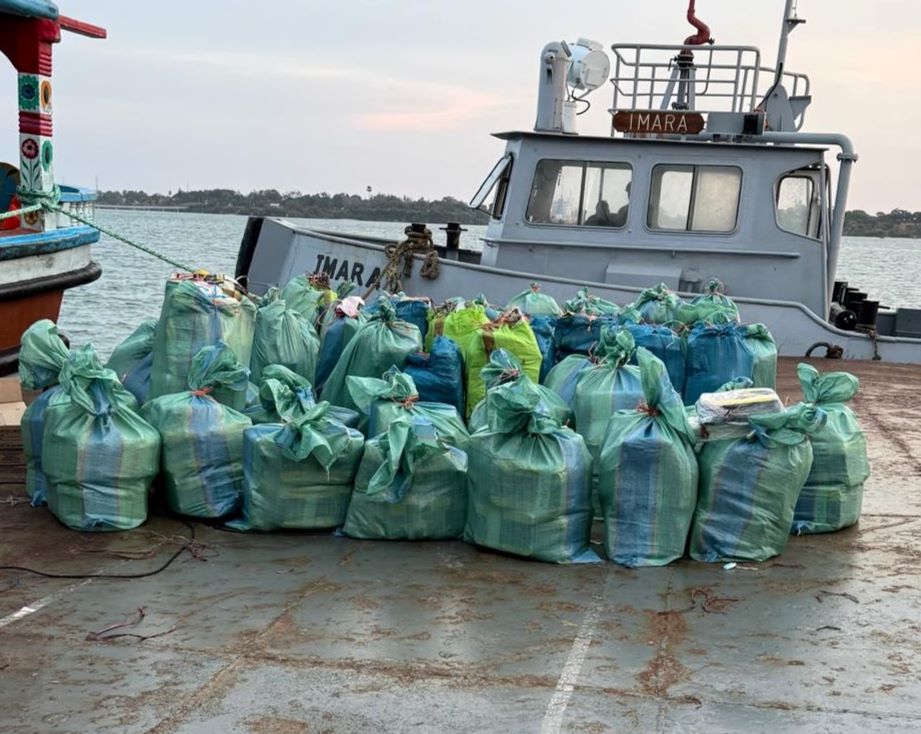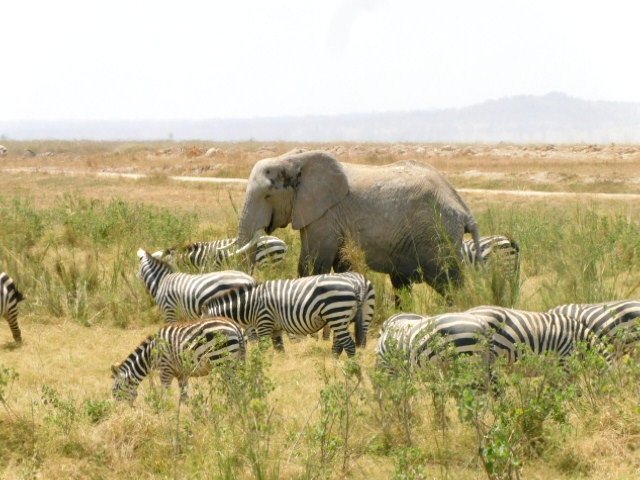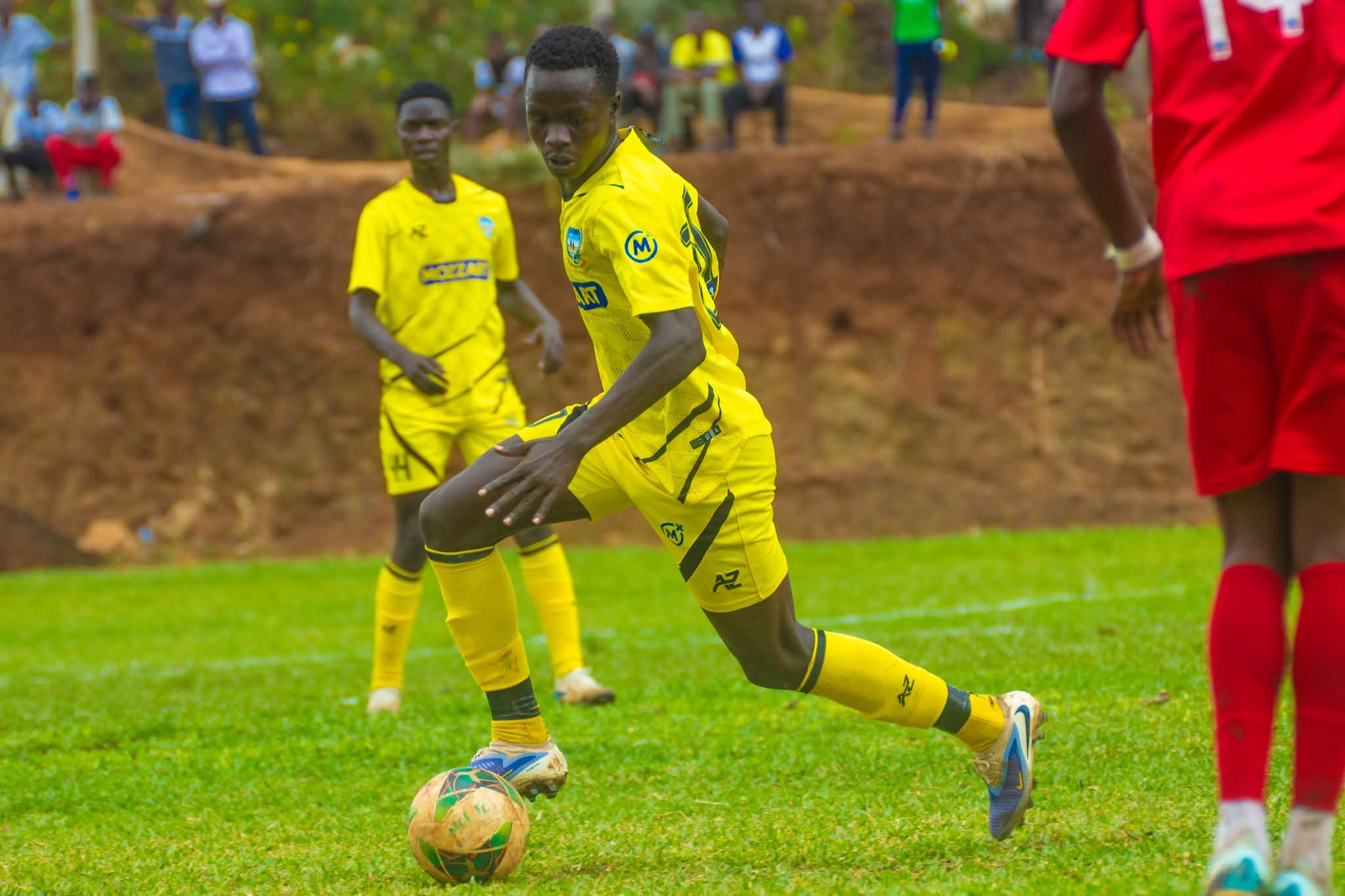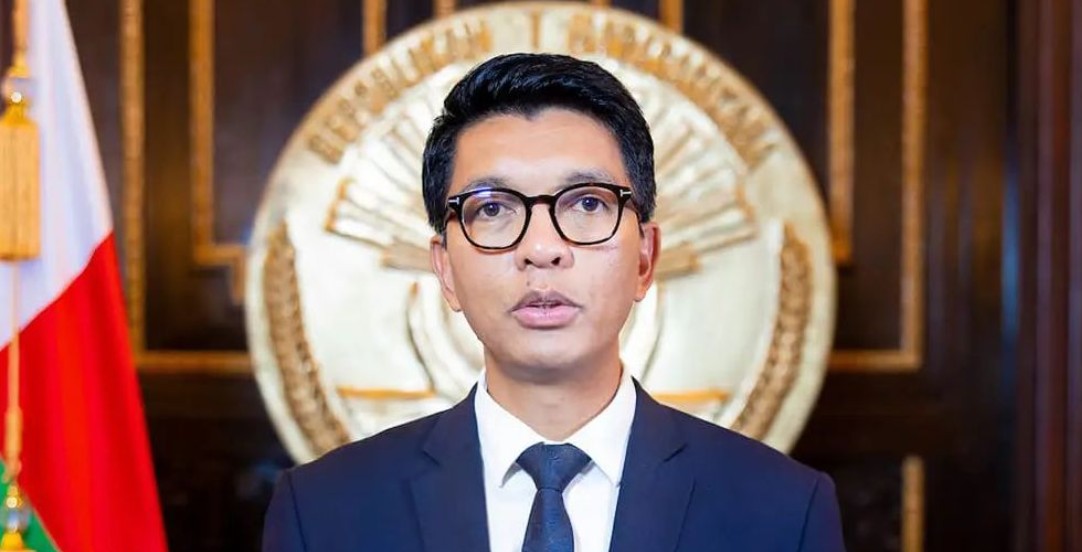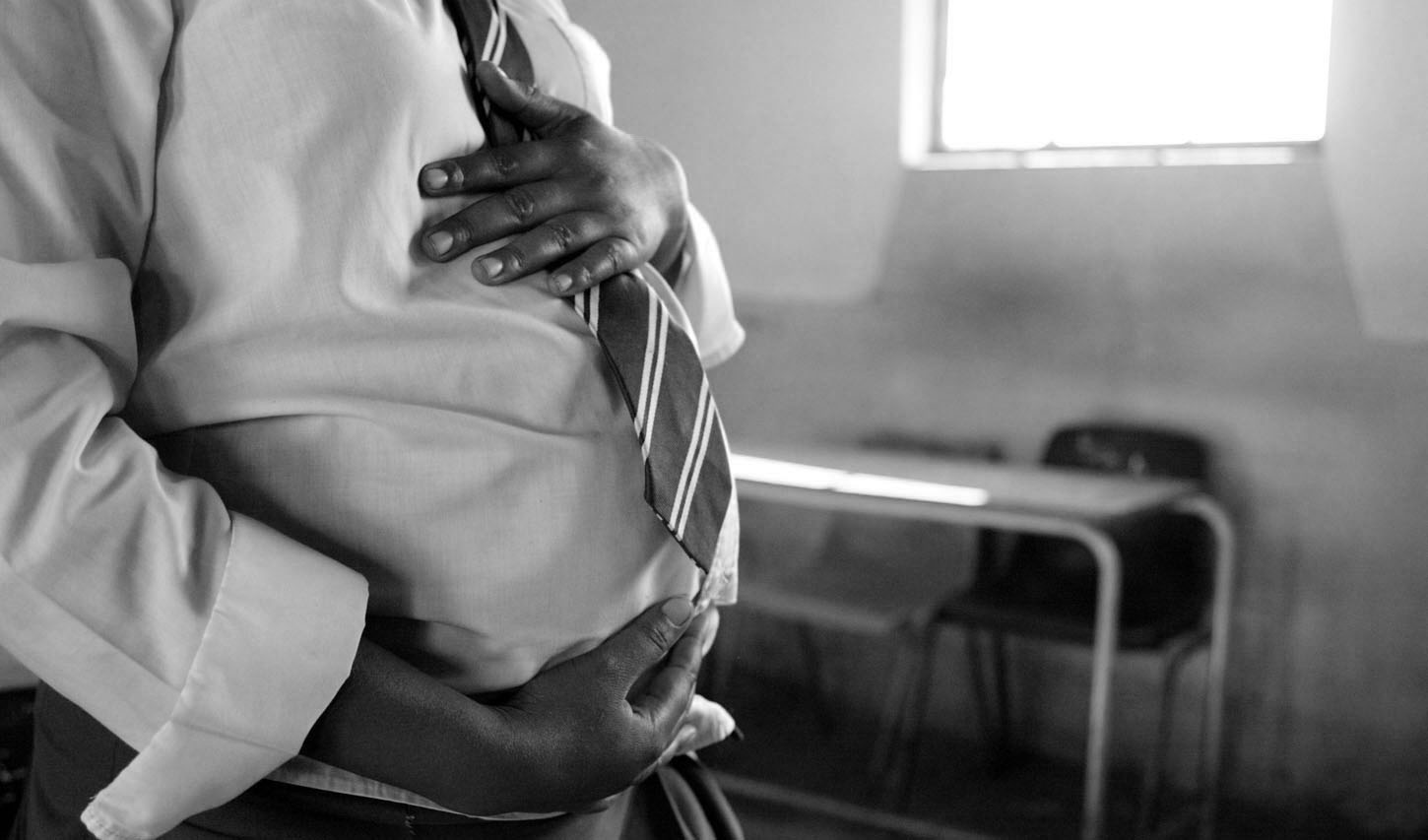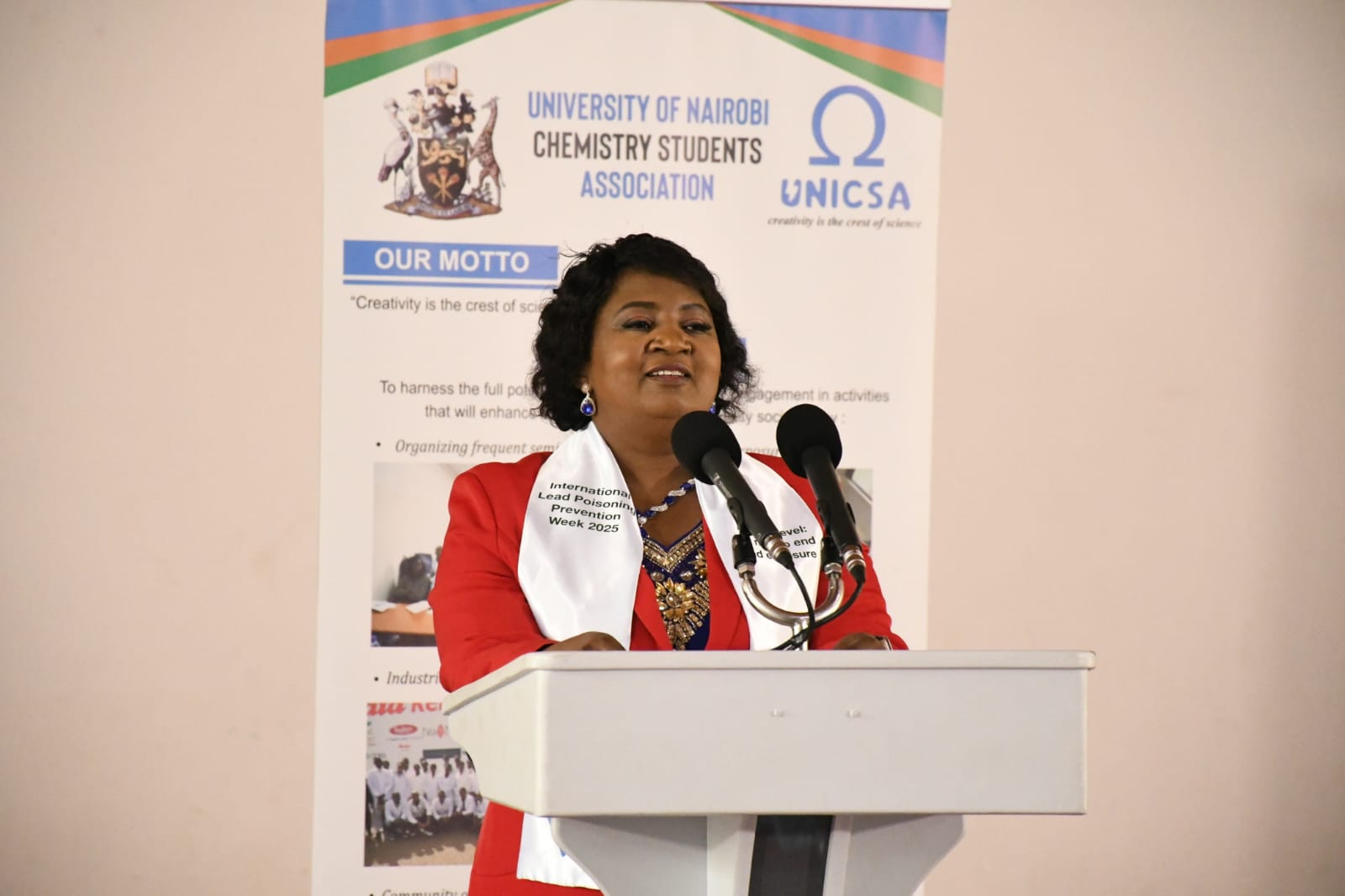Somalia may wait longer for US funding decision on AU mission as senators hint at change in strategy
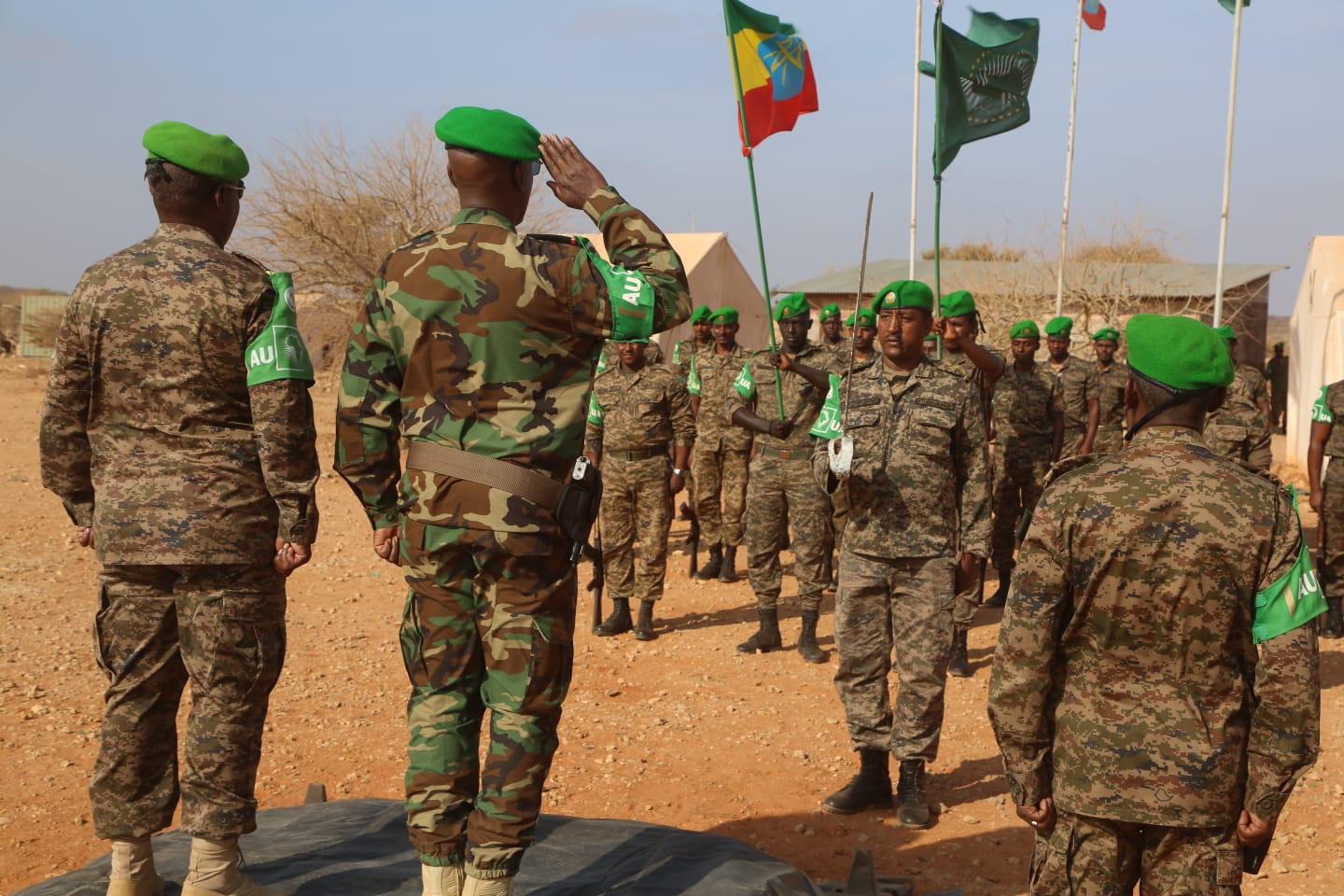
The US had previously stated that Somalia is not an appropriate context for the application of the 2719 framework, which many have proposed as an ideal funding mechanism for the mission. Instead, it has suggested exploring alternative financing models that go beyond the traditional donor base.
Somalia may have to wait longer to learn whether the United States will resume funding for its African Union peacekeeping mission, AUSSOM.
This emerged during a session of the US Senate Foreign Relations Committee on East Africa and the Horn, which noted that other global players had entered the scene. Türkiye, for instance, has built a military base and established its largest embassy globally in Mogadishu. It has also recently deployed advanced drones and hundreds of troops to counter Al-Shabaab’s advances.
More To Read
- Ethiopia leads African Union’s drive for continental railway connectivity
- Egypt inches closer to troop deployment in Somalia amid regional tension
- Human trafficking ring busted in Nigeria, two women bound for Somalia rescued
- Can the AU prevent coups like Madagascar's?
- AU sends high-level delegation to Madagascar after military coup ousts President Rajoelina
- Yemen, Somalia hold security talks in Aden to strengthen bilateral cooperation
Meanwhile, Turkish companies operate Mogadishu’s seaport and airport, and Ankara recently signed a deal to help develop Somalia’s oil reserves.
The United Arab Emirates (UAE) has also been active in the region, training troops in Somalia’s Puntland region, operating a base in Eritrea during its military involvement in Yemen, and expanding Somaliland’s Berbera port through a state-owned enterprise.
“This partial survey of external powers’ activities in East Africa demonstrates their understanding of the region’s importance. Chinese, Iranian, and Russian actions, in particular, underscore the risks the United States faces by not being energetically and wisely engaged,” Joshua Meservey, a Senior Fellow at the Hudson Institute who has also worked in the region, told the committee.
The US had previously stated that Somalia is not an appropriate context for the application of the 2719 framework, which many have proposed as an ideal funding mechanism for the mission. Instead, it has suggested exploring alternative financing models that go beyond the traditional donor base.
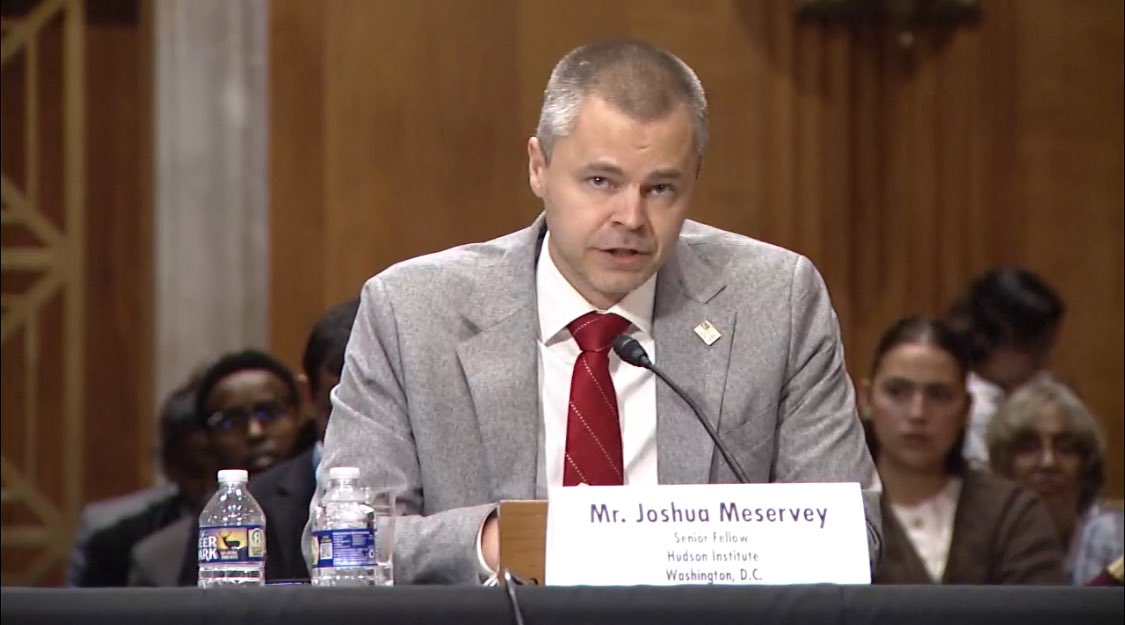 Joshua Meservey, a Senior Fellow at the Hudson Institute, who has previously worked in the region, including Nairobi. (XMohamed Muse Hassan)
Joshua Meservey, a Senior Fellow at the Hudson Institute, who has previously worked in the region, including Nairobi. (XMohamed Muse Hassan)
Subsequent reports indicated that the AU Commission leadership might travel to Washington, D.C., to engage with the US administration and other relevant stakeholders on the matter. This follows the cancellation of a donor conference that was expected to take place in Doha, Qatar, last month.
It remains unclear whether the issue will be discussed during US President Donald Trump’s upcoming visit to Qatar later this week.
The committee was informed that al-Shabaab has retaken territory, while the federal government in Mogadishu remains entangled in corruption and dysfunction. The militia reportedly retains both the desire and capability to target American interests, as it has done in the past.
Meservey recommended that Washington work directly with federal member states and other local authorities that are both friendly and possess enough legitimacy and competence to degrade Al-Shabaab. He also stressed the importance of coordination with neighbouring states that have strong national security interests in Somalia.
“State-building in Somalia is a failed experiment. Clan remains the fundamental organising principle of Somali society, making a strong central government unworkable. Yet Washington has spent over a decade trying to build exactly that kind of system in Mogadishu,” he stated.
Senator James Risch, chair of the committee, added that recent violence in Somalia, Sudan, and Ethiopia has destabilised the region, providing fertile ground for violent extremist groups such as Al-Shabaab, ISIS, and the Houthis.
He criticised the US response to these conflicts over the past four years as fragmented and reactive, stressing the need for a more strategic approach.
Senator Pete Ricketts, however, warned that the Houthis' alleged growing ties with Iran—and, reportedly, with Al-Shabaab and ISIS in Somalia—could, if left unchecked, destabilise the region, threaten maritime trade routes, and embolden other militias, creating a multi-front threat to the US and its interests on the continent.
“It’s a very real problem. Kenyans would say it is their primary national security threat—the prospect of Al-Shabaab acquiring advanced drones, for example, from the Houthis, or otherwise gaining more advanced capabilities,” said Meservey.
Top Stories Today
